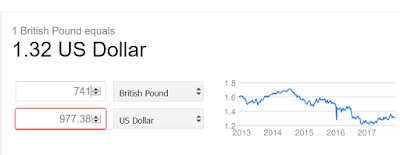What I learnt after 1.5 years of investing
It is that time of the year whereby people start reflecting what they have done for the past year, and their investing journey. Due to my usage of dual brokers (poems and maybank) and the inability to automatically track dividends and transaction costs via excel, I scoured the blogs of investment bloggers and came across sgxcafe, a nifty tool to track transaction costs and dividend yield all in one convenient package. My capital gain in the short run is not stellar for this year as expected for a long term buy and hold strategy.This is to be expected. There is always a sinking feeling when your portfolio is in the red rather in in the black, but the dividend gain and the winners managed to cover for the short term losers and I still made a consolation prize profit. At least I kept myself from actively buying and selling and incur more transaction costs, which will effectively had eroded the meagre earnings I made. Thank god I am not a fund manager! I would have lost my job for failin...

